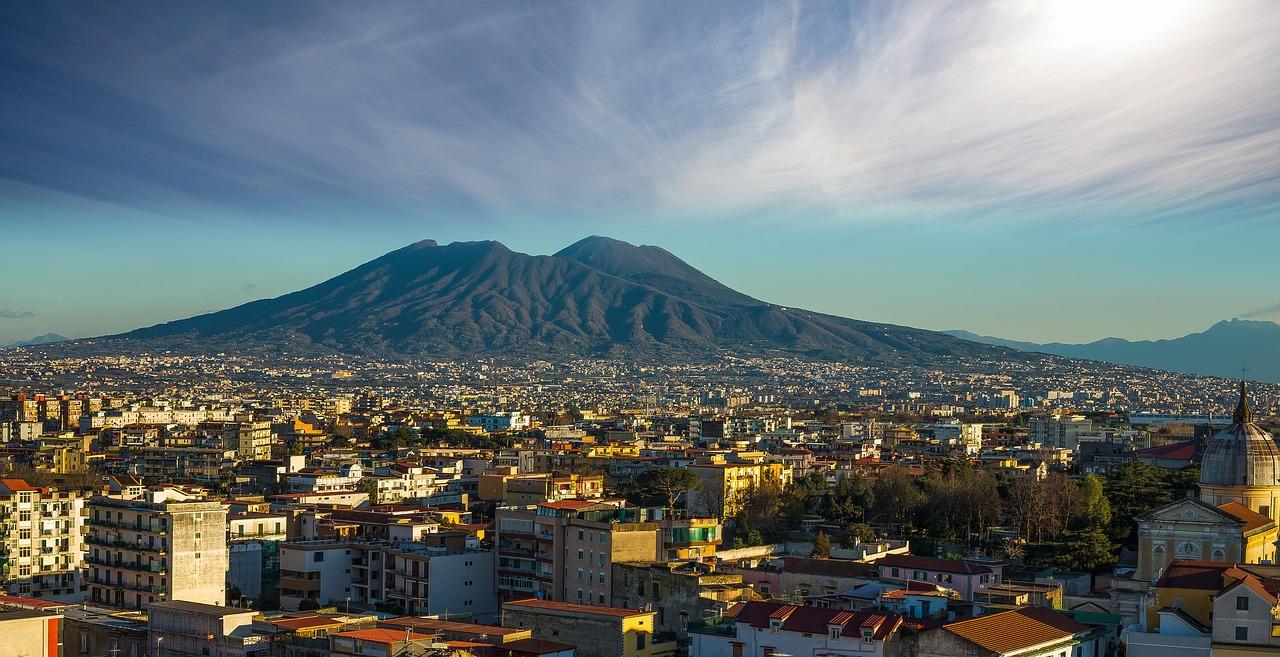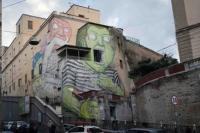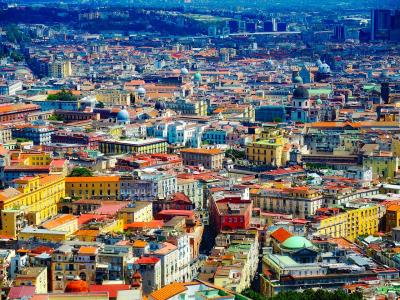
By Nicola Masella
Conferring a greater social value to the historical municipal assets by promoting open and inclusive management schemes
The City of Naples has addressed in the last decades several urban planning initiatives to limit urban sprawl and invest on the reuse of the existing historical city center heritage (UNESCO site from 1995), characterized by 70% private buildings, densely populated and requiring major redevelopment. The rest of the existing properties are publicly owned and include many large heritage sites, often empty and degraded, that could become a driving force for the social and economic development, through appropriate public-community and public-private-community initiatives, and that may also produce a substantial enhancement of the city’s cultural and touristic attractiveness. The valorization of the urban historical heritage –in fact– represents a cultural, economic and social challenge, but also a spur for the city to re-elaborate its identity creating a new bond with the citizenship and private/entrepreneurial sector.
In relation to the issue, during the last decade the City of Naples has been experimenting new policy tools to get back in use abandoned and/or deprived buildings, subtracted to the use of city inhabitants. Indeed, different movements and symbolic occupations have highlighted the need for such spaces to be used and managed by city inhabitants as commons, to deliver different forms of cultural and social services. The occupation of these empty buildings meant on one hand a temporary use and a starting point for the “renaissance” of such places and, on the other hand, a stimulus to search for innovative mechanisms for the use of these spaces as civic patrimony.
Through the City Council resolutions no.400/2012, no.893/2015 and no.446/2016, the City of Naples has recognized and institutionalized the value of existing bottom-up initiatives carried out by groups and/or of citizens’ committees according to the logic of self-government and direct management of public spaces, demonstrating, in this way, to perceive those goods as "civic flourishing environments". This gave strength to new forms of social inclusion, active citizenship and innovative financing schemes (i.g. crowdfunding, micro-credit, fund raising, etc.), but also meant raising the potential of disused and underused public spaces. Therefore, the valorization of municipal assets is now understood as a process by which it is possible to confer a greater social and economical value to the good by increasing its level of exploitation by the community.

To give a perspective of the results brought by this policies, we might say that the open and inclusive management model of these premises –as common goods– is plain by the data registered since 2012, with 8 buildings entrusted to public care and loads of social, cultural activities implemented such as:
• free trainings for un-employed;
• free health services;
• free neighborhood nursery service;
• free school for migrants;
• 250+ art projects, 300+ concerts;
• 300+ debates, seminars, public meetings;
• 5,800 activities (of which 1,500 days of theatre, dance and music rehearsals) and 250,000+ users taking part in the activities.
(For more info, please visit: http://www.comune.napoli.it/flex/cm/pages/ServeBLOB.php/L/IT/IDPagina/16783 )
